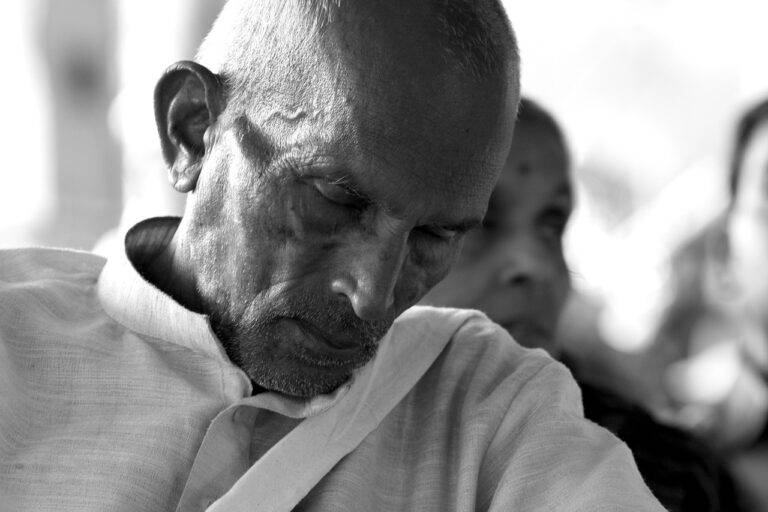Voter Suppression and Its Impact on Democracy
Voting rights play a pivotal role in maintaining the democratic foundation of a nation. By granting individuals the opportunity to participate in shaping the future of their country through elections, voting rights empower citizens to have a say in the decision-making processes that impact their lives and communities. When individuals exercise their right to vote, they not only contribute to the selection of their government representatives but also uphold the principles of equality and fairness in society.
Moreover, voting rights serve as a tool for marginalized groups to amplify their voices and advocate for their rights. By ensuring that everyone has an equal opportunity to participate in the electoral process, voting rights promote inclusivity and diversity in governance. This inclusivity is essential for fostering a sense of community and solidarity among individuals from various backgrounds, ultimately leading to a more representative and responsive government that caters to the needs of all its constituents.
Historical Context of Voter Suppression
Voter suppression has a long and troubling history in the United States. From the Jim Crow era to present-day tactics, efforts to disenfranchise certain groups have been pervasive throughout the country’s past. Black Americans, Indigenous peoples, immigrants, and other marginalized communities have faced numerous obstacles when attempting to exercise their right to vote.
Many voter suppression methods have been employed over the years, including poll taxes, literacy tests, and voter intimidation. These tactics have been used to target specific populations and limit their ability to participate in the democratic process. Despite progress being made to combat voter suppression, challenges persist in ensuring that every eligible voter can cast their ballot without hindrance.
What is the significance of voting rights?
Voting rights are essential in a democratic society as they ensure that every eligible citizen has the opportunity to participate in the political process and have a say in their government.
How has voter suppression been historically used to disenfranchise certain groups?
Voter suppression has been used throughout history to prevent certain groups, such as African Americans, women, and other minority populations, from exercising their right to vote. This has been done through tactics such as poll taxes, literacy tests, and intimidation.
What are some examples of voter suppression in the United States?
Some examples of voter suppression in the United States include the Jim Crow laws in the South, the use of literacy tests and poll taxes to disenfranchise African Americans, and gerrymandering to dilute the voting power of certain populations.
How has voter suppression evolved over time?
While some of the more blatant forms of voter suppression, such as poll taxes and literacy tests, have been outlawed, voter suppression continues to evolve with new tactics such as voter ID laws, purging of voter rolls, and reducing polling locations in certain communities.
What can be done to combat voter suppression?
To combat voter suppression, efforts can be made to pass legislation that protects voting rights, educate the public on their voting rights, and hold accountable those who engage in voter suppression tactics. Additionally, increasing voter turnout and participation can help counteract the effects of voter suppression.





